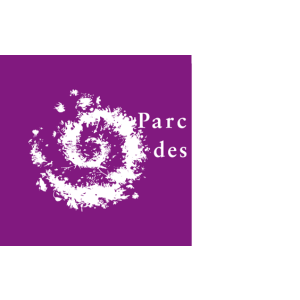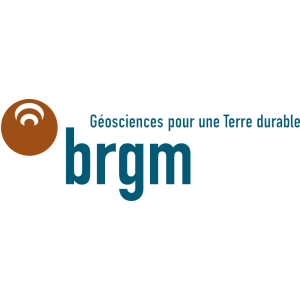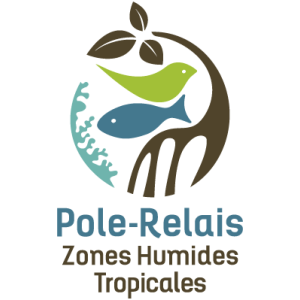
Document généré le 12/02/2026 depuis l'adresse: https://www.documentation.eauetbiodiversite.fr/fr/notice/caracterisation-de-bacteries-lactiques-psychrotrophes-en-vue-de-leur-utilisation-dans-la-biopreservation-des-aliments-Etude-physiologique-et-moleculaire-des-mecanismes-d-adaptation-au-froid
Caractérisation de bactéries lactiques psychrotrophes en vue de leur utilisation dans la biopréservation des aliments. Étude physiologique et moléculaire des mécanismes d’adaptation au froid
Titre alternatif
Producteur
Contributeur(s)
Éditeur(s)
Université de Nantes
Identifiant documentaire
9-16148
Identifiant OAI
oai:archimer.ifremer.fr:16148
Auteur(s):
Matamoros, Sebastien
Mots clés
biopréservation
crevettes
saumon fumé
analyse sensorielle
protéine de choc froid
Lactococcus sp. nov.
Leuconostoc gelidum
psychrotrophe
biopreservation
shrimps
cold-smoked salmon
sensory analysis
cold-shock protein
Lactococcus sp. nov.
Leuconostoc gelidum
psychrotrophic
Date de publication
07/03/2008
Date de création
Date de modification
Date d'acceptation du document
Date de dépôt légal
Langue
fre
Thème
Type de ressource
Source
Droits de réutilisation
2008 Univ. Nantes, The author
Région
Département
Commune
Description
Lactic acid bacteria strains were isolated from seafood products and clustered according to their inhibiting capacities against 14 food borne spoiling and pathogenic strains in order to develop applications in biopreservation. Most of the strains were identified as Leuconostoc gelidum and Lactococcus piscium. Detailed identification of one strain of the Lactococcus piscium strains suggests that it is a new specie. According to sensory analysis results, 2 strains belonging to the Leuconostoc gelidum specie were the most efficient for the enhancement of the shelf life of vacuum packed peeled and cooked shrimps. Similar results were obtained in cold smoked salmon with one strains of Lactococcus sp. A challenge test against three pathogenic strains (Listeria monocytogenes, Staphylococcus aureus and Vibrio cholerae) was performed in cold smoked salmon. The Lactococcus sp. EU2241 strain (non bacteriocinogenic) enabled a more efficient inhibition of the pathogens than the Ln. gelidum EU2247 strain (bacteriocinogenic). The maximum recorded inhibition was 2 logs compared to the uninoculated samples. Growth characteristics of strain Lactococcus sp. EU2241 were determined at different temperatures showed an optimal growth at 26°C and no growth at 29°C or above. Proteomic analysis showed a cold shock protein overproduction during growth at 5°C. The gene coding for this protein was identified and sequenced. Overproduction of a cold shock protein during growth at suboptimal temperature has never been described in a lactic acid bacterium before.
Accès aux documents
0
Consultations
0
Téléchargements
































